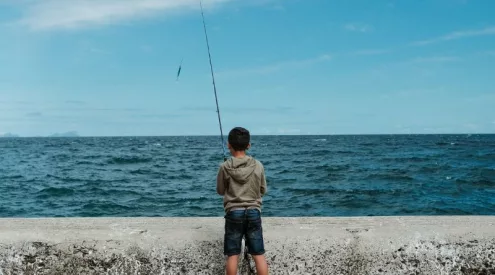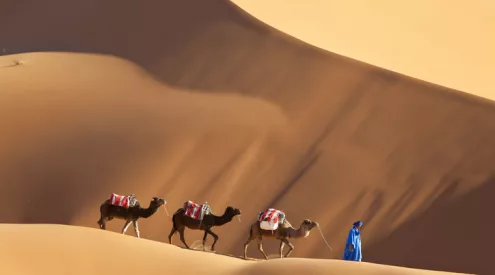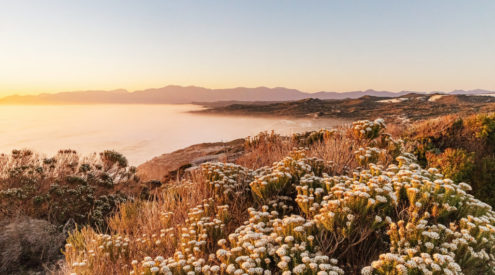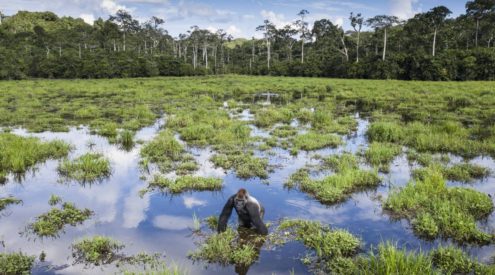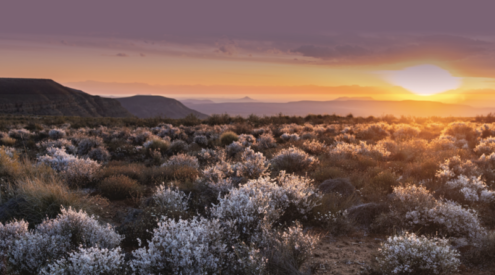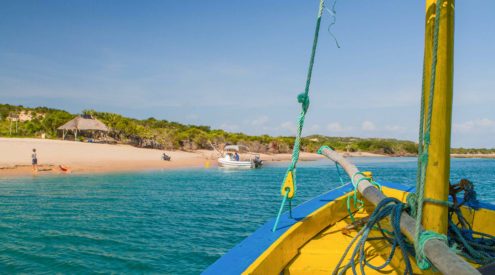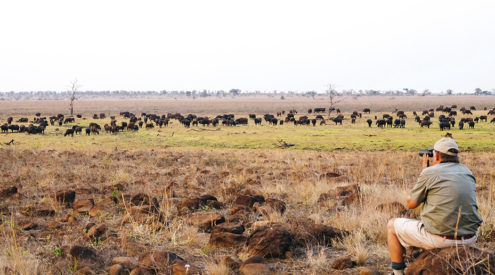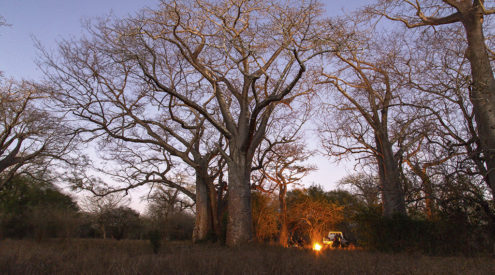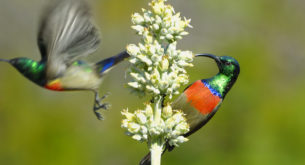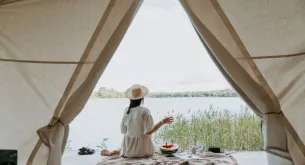Manta rays and whale sharks are now protected by law in Mozambique as of January 8.
‘Nearly 20 years of research and lobbying efforts have paid off and the Marine Megafauna Foundation (MMF) is thrilled to announce a major legislative victory for ocean life in Mozambique! A new commercial fishing law enacts sweeping protections for several threatened species, including whale sharks, manta rays, and all mobula species,’ MFF announced in a statement.
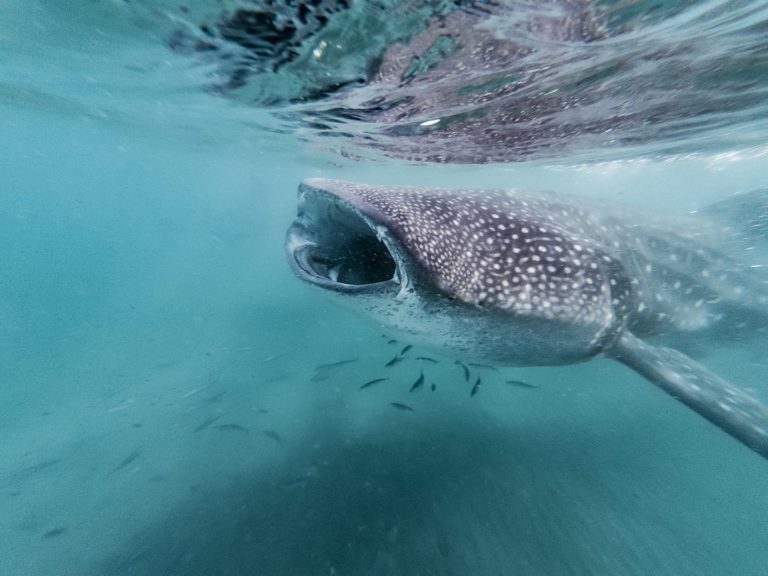
A whale shark.
‘This new legislation is a huge step in the right direction for the protection of threatened marine species in Mozambique. We commend the Mozambican government for taking these bold steps to protect the region’s breathtaking sea life, while still supporting the local fishing culture and economy.’
In addition to the protection granted to mantas, mobulas, and whale sharks, the law also includes the following new regulations:
- Fishers must land the full body of any sharks caught with fins attached
- New clearer regulations for CCPs (community fishing councils)
- A ban on destructive fishing practices on coral, seagrass, or mangroves
- A ban on the harvesting of live coral
- Bycatch must be thrown back unless you have prior written permission to use it for research
- Turtle excluder devices are mandated on industrial and semi-industrial nets
‘Some of the most crucial and troubling data captured by MMF shows dramatic declines in observational sightings of marine megafauna like manta, mobula rays, and whale sharks. In 2013 we reported a 79% decline in whale shark sightings and an 88% decline in reef manta sightings, and sadly these trends continue. Our data now show declines of over 90% for giant mantas, reef mantas, and shortfin devil rays in the south of the country,’ MMF continued.
MF Conservation Project Manager Emerson Neves said: ‘This law will make it far easier for our fishing communities to manage their impact by empowering them to create no-take zones and enforce rules limiting the use of gear that is destructive. This will help us achieve our goal of sustainable fishing for generations to come, so we can both conserve our incredible sea life and allow people to have a stable livelihood and food source.’
Picture: Wikimedia Commons




